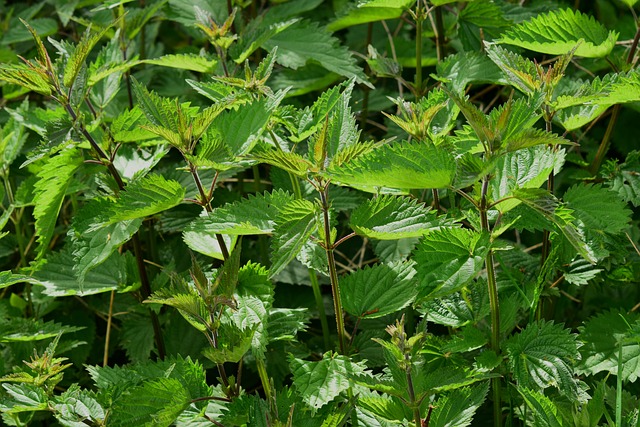2023 has seen ongoing discussions about the legality and potential health benefits of THCA, a non-psychoactive cannabinoid found in hemp. In Nebraska, despite its legal status under the 2018 Farm Bill, THCA remains subject to specific state regulations that permit its possession and sale only within a state-sanctioned medical program due to its precursor status to THC. It's important for individuals to stay informed about these laws as they can differ from federal regulations regarding hemp derivatives. THCA is known for its therapeutic potential, including anti-inflammatory, neuroprotective, and analgesic properties, which are being studied for chronic pain and neurodegenerative diseases management. However, users should approach THCA with caution due to potential side effects like dizziness or paranoia, and it's recommended to consult healthcare professionals before use. The conversion of THCA to THC within the body can lead to psychoactive effects, emphasizing the need for careful dosing and informed decision-making. In Nebraska, where THCA is legal, consumers are encouraged to purchase from reputable sources to ensure product safety and purity. With the evolving legal landscape and limited research on long-term effects, it's crucial to follow safe consumption guidelines and seek expert advice to navigate THCA's potential wellness benefits responsibly.
Exploring the nuanced landscape of cannabinoids, this article sheds light on THCA (Tetrahydrocannabinolic Acid) flower, a non-psychoactive precursor to THC. We delve into its legal status in Nebraska, potential health benefits, and the side effects users may experience. A comprehensive look at THCA flower’s legality, effects, and safe usage practices is presented, offering valuable insights for those interested in its medical implications and navigating the regulatory framework governing its use in Nebraska.
- Navigating THCA Flower Legality: Insights on Its Status in Nebraska
- Understanding THCA Flower: Potential Effects and Medical Implications
- Experiencing Side Effects with THCA Flower: What Users Should Know
- Safety and Dosage: Best Practices for Consuming THCA Flower in Nebraska
Navigating THCA Flower Legality: Insights on Its Status in Nebraska
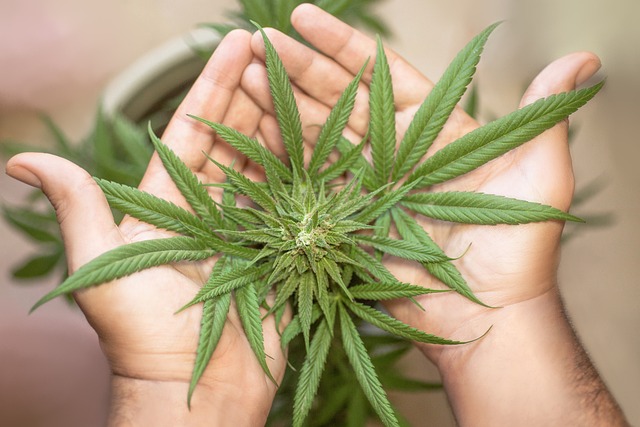
Navigating the legality of THCA flower can be a complex task, as laws vary across different states within the United States. In Nebraska, the status of THCA flower is subject to the state’s controlled substances act. While hemp-derived products containing less than 0.3% THC are legal under the 2018 Farm Bill, it’s crucial for consumers and businesses to understand that Nebraska has not explicitly legalized the possession or sale of THCA flower. This distinction is important because THCA is the precursor to THC, the psychoactive compound found in cannabis. As such, THCA flower may be treated similarly to other forms of cannabis, which are illegal in Nebraska without a prescription for medical use. It’s essential for individuals to adhere to state regulations, as possession or distribution of THCA flower outside of the confines of state-sanctioned medical programs can lead to legal consequences. Consumers interested in THCA products should verify the legality at both the state and local levels to ensure compliance with current laws. Keeping abreast of Nebraska’s evolving policies on cannabis derivatives is key for anyone considering THCA flower as part of their wellness regimen within the state.
Understanding THCA Flower: Potential Effects and Medical Implications
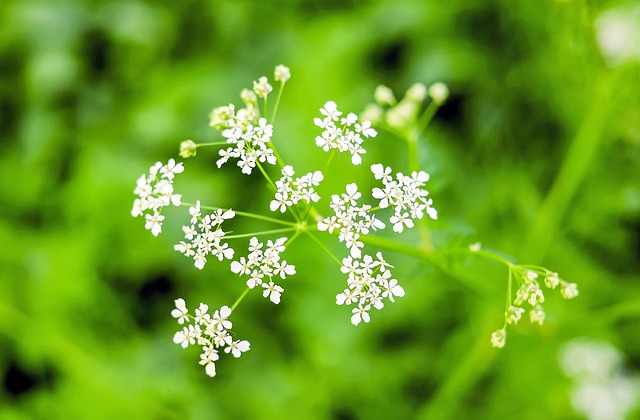
THCA, or Tetrahydrocannabinolic Acid, is a non-psychoactive compound found in the Cannabis sativa plant that is believed to have potential therapeutic properties. As interest in cannabinoids continues to grow, THCA has garnered attention for its medical implications and varying legal status across different regions, including Nebraska. In Nebraska, the legal landscape regarding THCA flower is evolving; as of the knowledge cutoff in 2023, THCA itself is not explicitly illegal, provided it contains less than 0.3% delta-9-THC on a dry weight basis, aligning with federal regulations under the 2018 Farm Bill.
Research suggests that THCA may offer beneficial effects without the psychoactive ‘high’ associated with its decarboxylated form, delta-9-THC. Users interested in the potential wellness benefits of THCA typically consume it in flower form or as an extract. The compound is being studied for its anti-inflammatory, neuroprotective, and analgesic properties, which could make it a valuable component in managing conditions like chronic pain and neurodegenerative diseases. However, it’s important to approach the use of THCA flower with caution and to adhere to local laws and regulations. Users should consult healthcare professionals before incorporating THCA into their health regimen, considering the potential side effects and interactions with other medications. As with any medical substance, individual responses can vary, and further research is needed to fully understand the scope of its effects and how it might be integrated into conventional treatment plans.
Experiencing Side Effects with THCA Flower: What Users Should Know
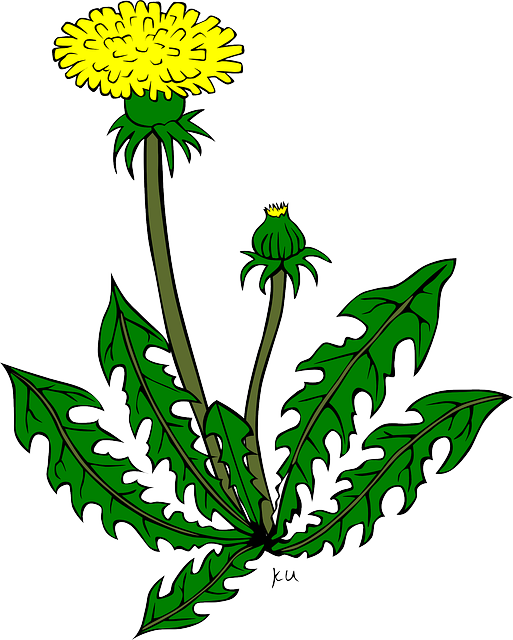
users considering THCA flower, particularly in regions where it is legally permissible such as Nebraska, should be well-informed about its potential side effects. Although THCA (Tetrahydrocannabinolic Acid) is a non-psychoactive cannabinoid found in the hemp plant, it can still induce various reactions in different individuals. It’s crucial to start with a low dose to gauge individual sensitivity as THCA can cause adverse effects like dizziness, lethargy, or paranoia in some users, especially when consumed in higher quantities. The legal status of THCA in Nebraska allows for research and regulation that ensure products are safe and properly labeled, which is vital for consumer safety. Users should be aware that the side effects can vary based on factors such as dosage, individual physiology, and product quality. It’s also important to note that while THCA itself is non-psychoactive, it may convert to THC (Tetrahydrocannabinol) in the body, which could lead to psychoactive effects. Therefore, users should proceed with caution and consult with healthcare professionals or knowledgeable dispensary staff when integrating THCA flower into their wellness routine. Those experiencing adverse effects should discontinue use and seek medical advice if necessary.
Safety and Dosage: Best Practices for Consuming THCA Flower in Nebraska
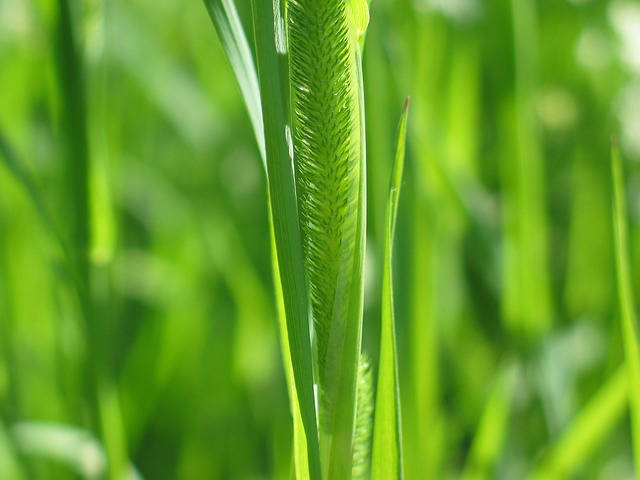
Navigating the safety and dosage considerations for consuming THCA flower in Nebraska involves a nuanced understanding of both legal frameworks and health implications. As of the knowledge cutoff in 2023, THCA—the non-psychoactive precursor to THC found in cannabis—is legal in Nebraska under certain conditions. Consumers should adhere to state regulations, which dictate that only products with THC concentrations of 0.3% or less are legal. This threshold is crucial for differentiating between THCA-rich hemp and marijuana, which contains higher levels of psychoactive THC and remains federally illegal under the 2018 Farm Bill and its state-specific interpretations.
When considering dosage, it’s important to start low and go slow, a mantra that echoes in both medical and recreational cannabis communities. Nebraska residents curious about the therapeutic potential of THCA should consult with healthcare professionals, especially if they have underlying health conditions or take other medications. The lack of long-term studies on THCA consumption means that individual sensitivity can vary greatly; thus, personalized guidance is essential. Additionally, consumers should be aware of their body’s response to the compound and adjust their intake accordingly. Safety measures include ensuring the product’s legitimacy by purchasing from reputable sources and understanding the potential side effects, which may include anxiety, paranoia, or gastrointestinal issues in some individuals. Adhering to these best practices will help maintain safety while exploring the potential benefits of THCA flower within the legal framework set forth by Nebraska state law.
Users in Nebraska exploring the benefits of THCA flower must be well-informed about its legal status, potential effects, and associated side effects. As outlined in this article, THCA is not legally considered marijuana and can be a legal option for some in Nebraska under specific conditions. It’s crucial to understand that while THCA may offer therapeutic benefits, it can also induce side effects. Users should approach consumption with caution, adhering to safety guidelines and appropriate dosage to mitigate potential adverse reactions. A comprehensive understanding of THCA flower’s legal standing, effects, and implications for health is essential for those considering its use as part of their wellness regimen. Always consult with a healthcare professional before incorporating THCA flower into your routine, especially given the evolving legal landscape surrounding cannabinoids.
